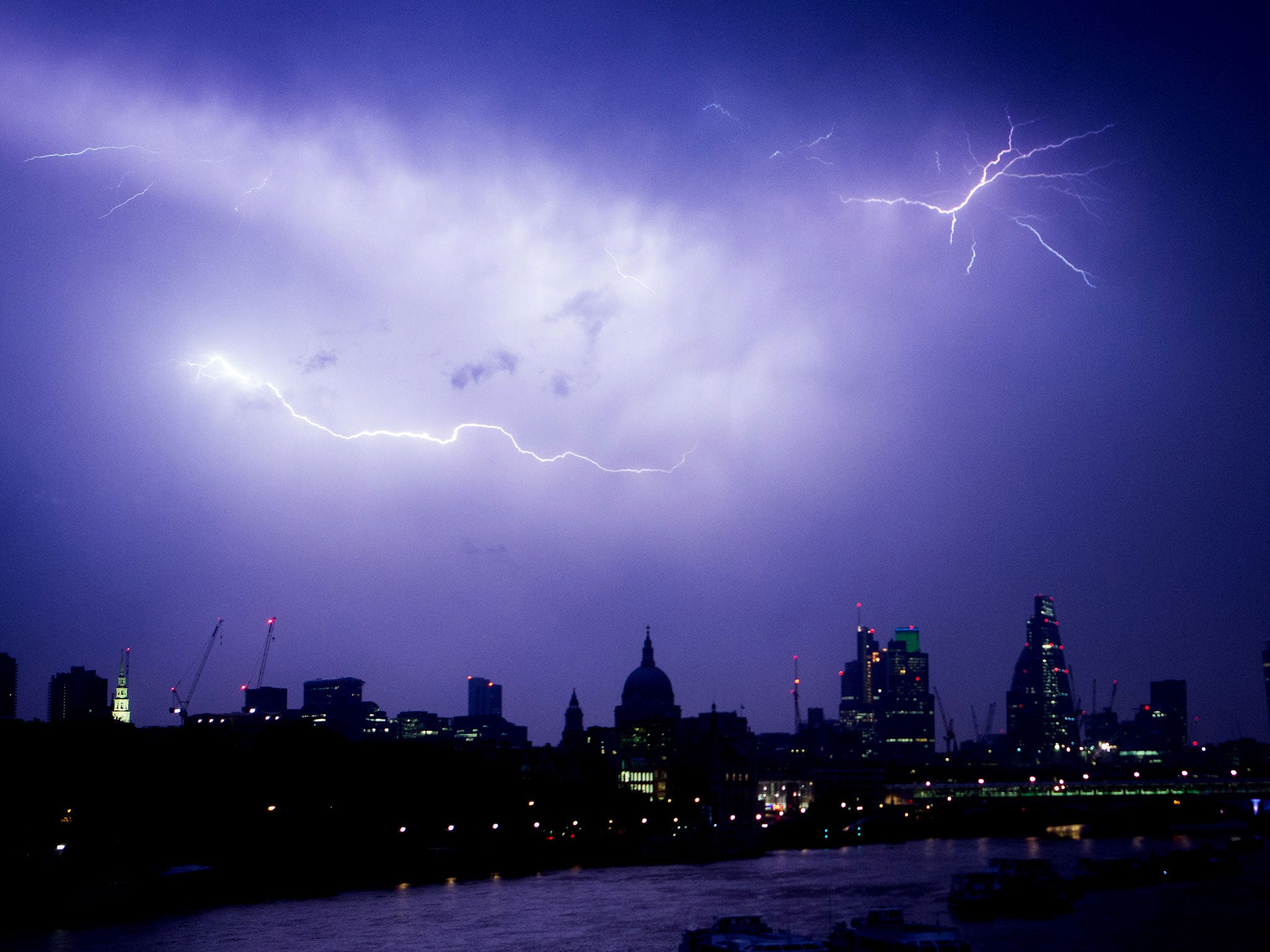The less we hear about a project to predict the unexpected, the better
The Government's new Horizon Scanning Programme helps us avoid disaster

They call them “black swan events”. Events which, when they occur, appear unprecedented or highly unexpected – just like the sighting of the first black swan must have amazed the unconnected communities who were used to all swans being white.
But just like now, in a connected world, we know that a few swans will always be black, likewise, black swan events – when analysed – are also bound (or very likely) to happen.
From foot and mouth disease, to the 2004 tsunami, 7/7, or the near-collapse of the British banking system in 2008, examples of black swan events are more common than you might think.
And now Whitehall is collectively trying systematically to identify the threats that Britain faces in the future and draw up plans so they can be avoided, mitigated or coped with. The work forms part of the Government’s Horizon Scanning Programme: a little-known but fascinating and worthwhile initiative that has been up and running for just over a year now. And while most people – even in Westminster – will never have heard of it, in the real world the horizon-scanning is far more relevant to our lives than the latest ups and downs of political fortunes.
Take, for example, resource nationalism. In an interconnected world we take for granted that the market will triumph and we will be able to buy the resources we need that make the products we all rely upon. But will that always continue? What if nationalistic politics trumped the market?
Everyday products such as mobile phones and computers rely on materials that are at risk of disruption to supply because they are either rare or can only be found in certain countries. The UK relies on imports of 14 critical metals to satisfy the needs of our manufacturing industry. For example, there are critical raw materials for wind turbines and hybrid car motors which require neodymium, a rare-earth element largely mined in China.
Resource nationalism was a recent “black swan” examined by the Horizon Scanning Programme and has resulted in the establishment of a monitoring group based in the Foreign Office whose job it is to advise ministers should the need arise to stockpile these materials in the same way strategic minerals were stockpiled during the Cold War.
But horizon scanning is not just about threats. The committee in charge of the programme – which is chaired by the Cabinet Secretary Sir Jeremy Heywood – has also commissioned work on subjects as diverse as the changing views of the next generation of young people; how the “big data” can be used to provide better public services (such as health), and the long term effect of the growth of cities on small towns and rural communities.
Any subject matter across government could be considered – and the only criterion is that it has to have the potential directly to feed into future policy. As one person involved in the project put it, “There is no point in doing things that are academically interesting but politically irrelevant.”
But how will we know if horizon scanning has succeeded in dealing with black swans? Well the truth is the less we hear, the more successful it has been.
In 1953 a storm surge in the North Sea killed over 300 people in the UK, destroyed thousands of homes and is still one of the most devastating natural disasters ever to have been recorded in this country.
But last year a surge of a similar magnitude resulted in just a handful of deaths and very little destruction. Why? Because the threat had been identified and a plan to deal with it put in place so when the black swan did rear its head, everyone was prepared.
It didn’t make headlines for all the right reasons. That’s what horizon scanning is all about – and why we should all hope it succeeds.

Join our commenting forum
Join thought-provoking conversations, follow other Independent readers and see their replies